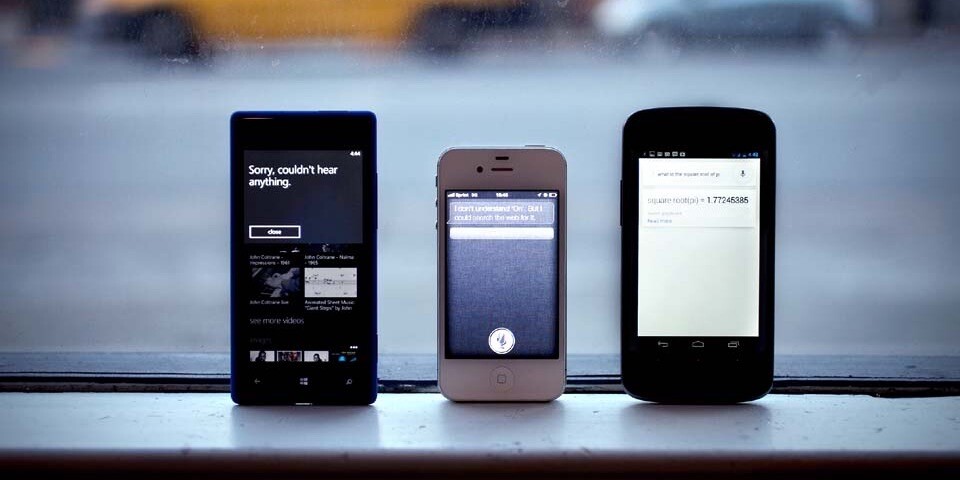
The Mobile Web Revolution
As pages grow in size, people’s patience in browsing has decreased, leading to a gap in expectations and the sluggish reality on the screen. The result: you don’t stick around on slow sites. Researchers found that people don’t come back to a site if it’s 250 milliseconds, or 0.25 seconds, slower than similar sites.
The Magic Number: Speed in Web Browsing
“Two hundred fifty milliseconds, either slower or faster, is close to the magic number now for competitive advantage on the Web,” Harry Shum, a speed specialist at Microsoft, told the New York Times.
The Frustrating Web Experience
Fatter pages — along with decreasing levels of patience and strained servers from a rise of smartphones and tablets — are creating a frustrating Web browsing experience. But the mobile Web is progressing in the opposite direction, getting faster as software and networks improve. As mobile improves — and cellular speeds up — a leaner, faster experience will offer a less cluttered and bloated alternative.
Mobile as the Future of Internet Access
Mobile is the next frontier to transform the nuts and bolts of the Internet, and it’s returning to its roots to make the Web a lot simpler. Mobile is by nature lightweight and fast, and it’s increasingly the way we access the Internet. According to Pew, about three-in-five adult cell phone owners use their phones to go online, double the number in 2009, when Pew started to track mobile Internet use on devices.
The Rise of Mobile Devices
In fact, one-of-five of all those adults do most of their browsing on their phones or tablets, eschewing desktop or laptop computers altogether, and that percentage is only going to increase.
Changing Landscape of Online Services
“A majority of the public now owns a smartphone, and mobile devices are playing an increasingly central role in the way that Americans access online services and information,” Aaron Smith, a senior researcher at the Pew, said.
Shift to Mobile-Friendly Sites and Apps
Stripped-down mobile sites — and apps — are already are meeting the growing demand. For example, I use apps for Twitter, Tumblr and Facebook, among others, to avoid clunky loading times and freezing browsers.
Impact on Web Usage Trends
According to Forbes, mobile devices will pass PCs as the most common way to use the Web. And that sea change will alter, and give birth, to ways companies make money on the Internet.
Challenges for Website Developers
But mobile poses challenges for the people who make the Internet, because it’s forcing them to figure out what we truly need from their sites, stripping away everything else, according to Bergmann.
Responsive Web Design
It’s more likely developers will integrate the mobile challenge into their work, into sites that work well on a variety of devices and settings.
Looking to the Future
You’ll want to fasten your seatbelt — it’s going to be a bumpy, though interesting, ride.

